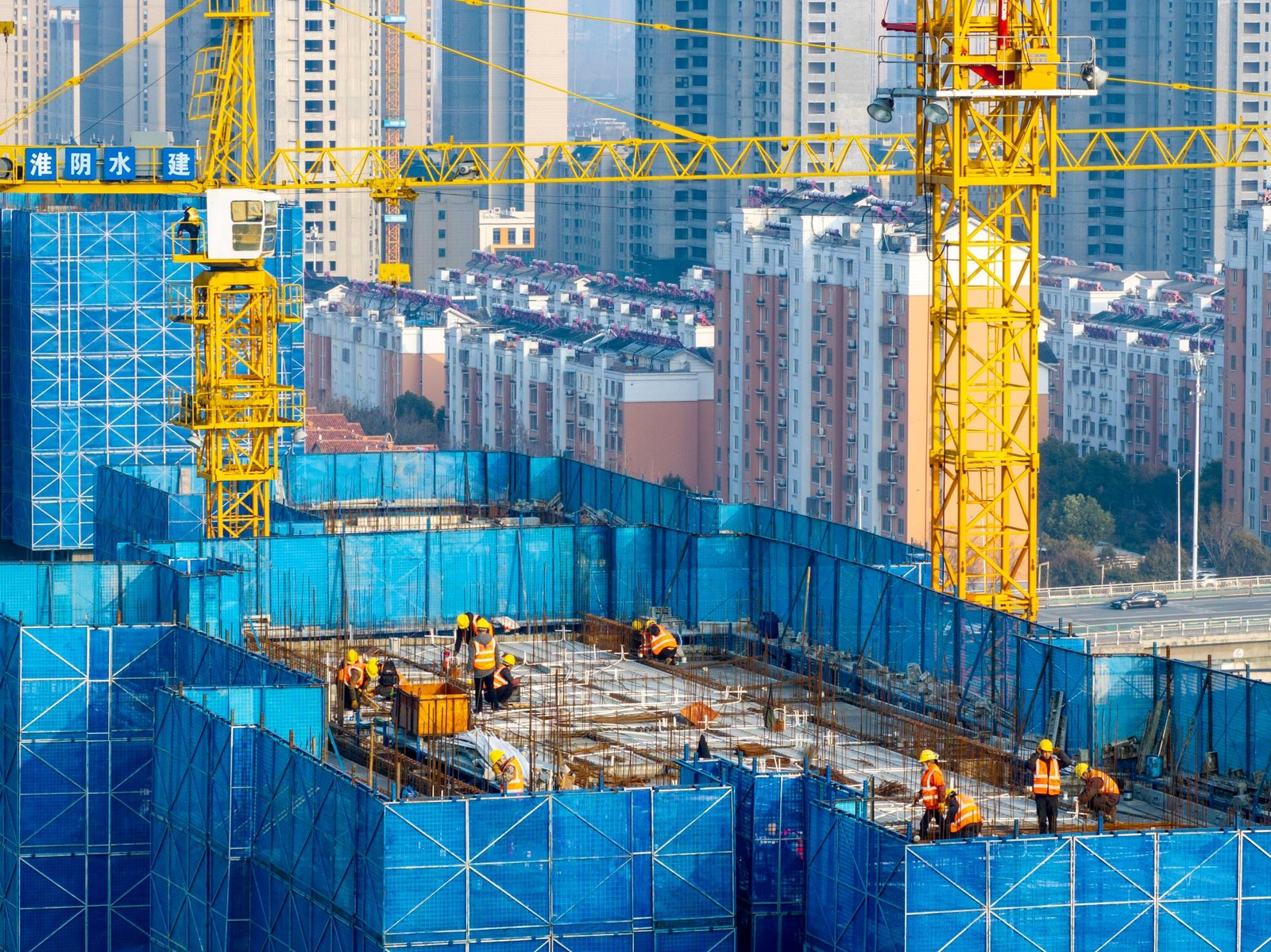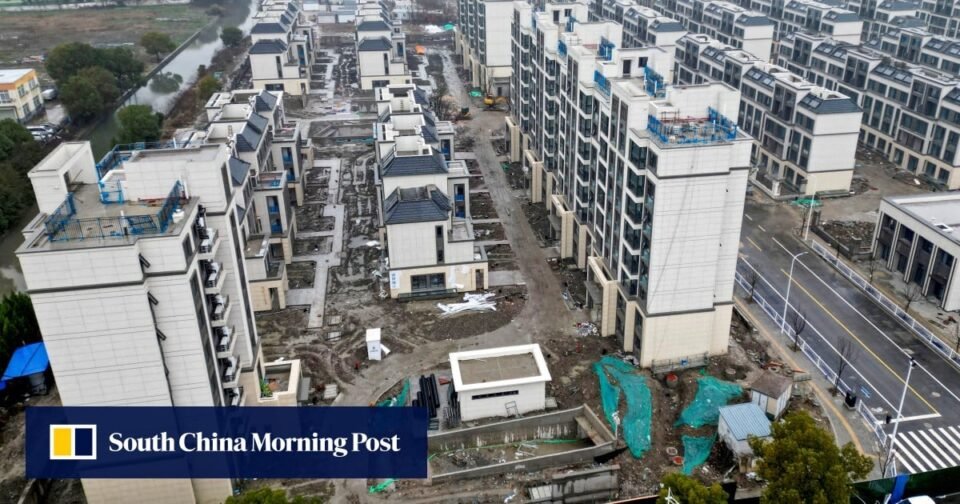China unveiled “historic” measures on Friday, including a 300 billion yuan (US$41.9 billion) relending facility for state-owned companies to buy unsold homes, to help stem a chronic slump in demand and confidence in the housing market over the past three years.

Beijing has also called on local governments to buy finished projects and convert them into social housing, and offered to lower mortgage rates and down payment ratios to revive demand. Earlier sporadic measures among various city housing bureaus had failed to spur a turnaround, leaving many of the biggest developers in financial distress.
The rebound has been instant. More than 1,000 units were transacted on the May 18 weekend in Beijing, according to data compiled by Centaline Property. The volume was on par with the daily average in March and April, which are seasonally “hot” months due to the release of pent-up demand from the Lunar New Year holiday.
That may be a start to a long-haul recovery. The capital recorded sales of about 71,000 square metres in floor areas in the week through May 19, well below the weekly average of 94,000 sq m so far this year. It was also 26 per cent weaker than the sales in the preceding week, according to China Real Estate Information Corp (CRIC).
Ma at 5i5j Real Estate Brokerage said most her clients are still adopting a wait-and-see attitude on home purchases, even though home prices have retreated over the past few years. People still want to be cautious, instead of chasing the market.
“A lot of people are still waiting on stronger support measures from both central and local authorities,” she added.
In Shanghai, more prospective homebuyers are asking sellers for more generous discounts. Weng Lingjie, a 40-year-old entrepreneur, said he would only buy a lived-in home in the eastern Pudong district on a further 15 per cent price cut.
“It is a buyers’ market and we have the bargaining power,” said Wang, who is not alone in angling for bigger discounts. Local real estate agencies said a growing number of clients have also started hunting for bargains after last week’s major incentives.
“Some non-local residents working in the city with a well-paid job are among people eyeing their first homes in Shanghai,” said Song Yulin, a senior manager with property agency Lianjia, a unit of KE Holdings. “They are budget conscious.”
Shanghai’s housing market is more promising. In the week to May 19, the financial and commercial hub recorded an average 138,000 sq m of sales, or 30 per cent above its weekly average this year. Total floor area sold also jumped 77 per cent versus a week earlier, according to CRIC.
The luxury segment of the city’s market is also booming. On May 16, Singapore’s CapitaLand sold all the units in a project in central Huangpu district within 45 minutes of its launch. In April, 24 billion yuan worth of premium properties changed hands, a 156 per cent jump from a year earlier.
Can this instant rebound in sentiment hold? Will Beijing’s so-called bazooka stimulus engender a broader industry turnaround?
National home prices are estimated to drop by another 5 to 6 per cent this year, with prices in higher-tier cities likely to stabilise first, given stronger demand and greater confidence, Esther Liu, director at S&P Global Ratings, said during a webinar on Monday.
“Prices in lower-tiered cities will continue to drift down, but we believe the government’s effort to use existing housing stock to convert into social housing for sale would [boost] transactions at the lower end of the market.”


